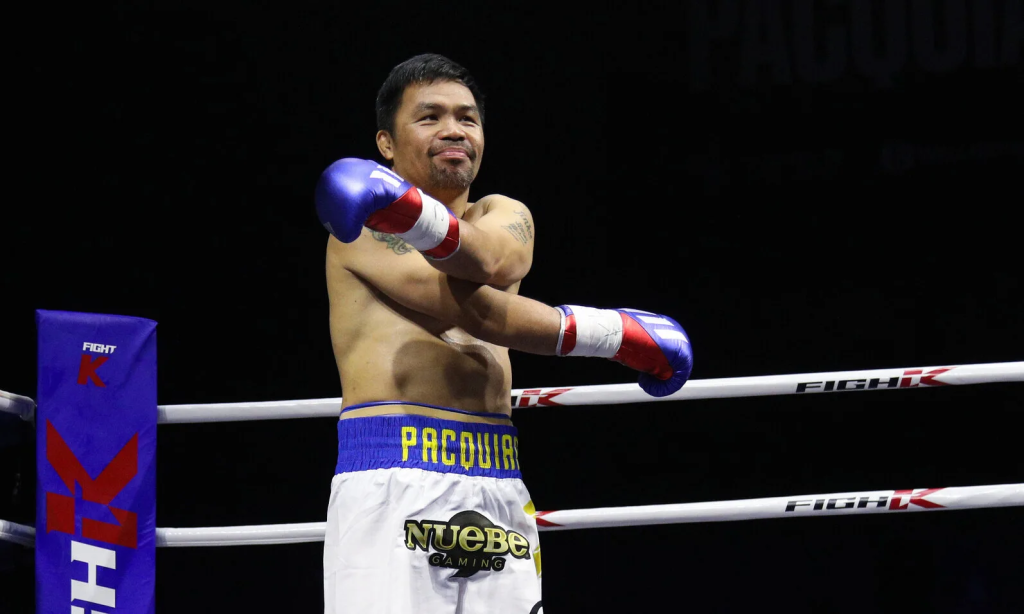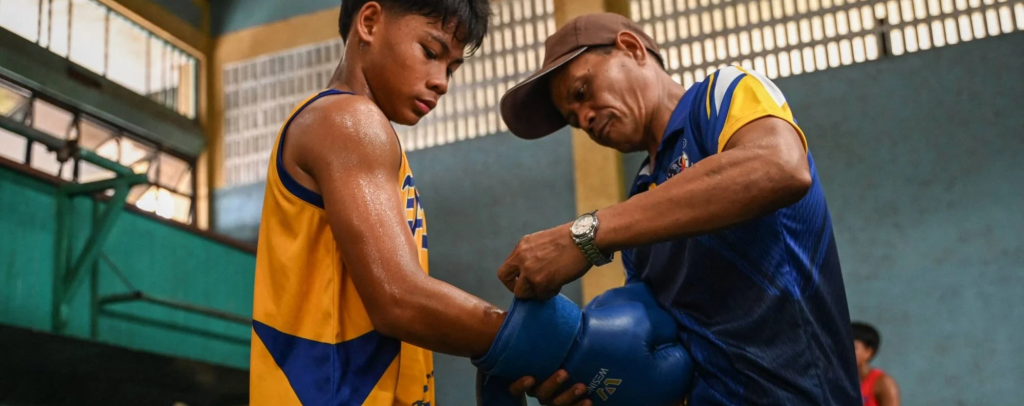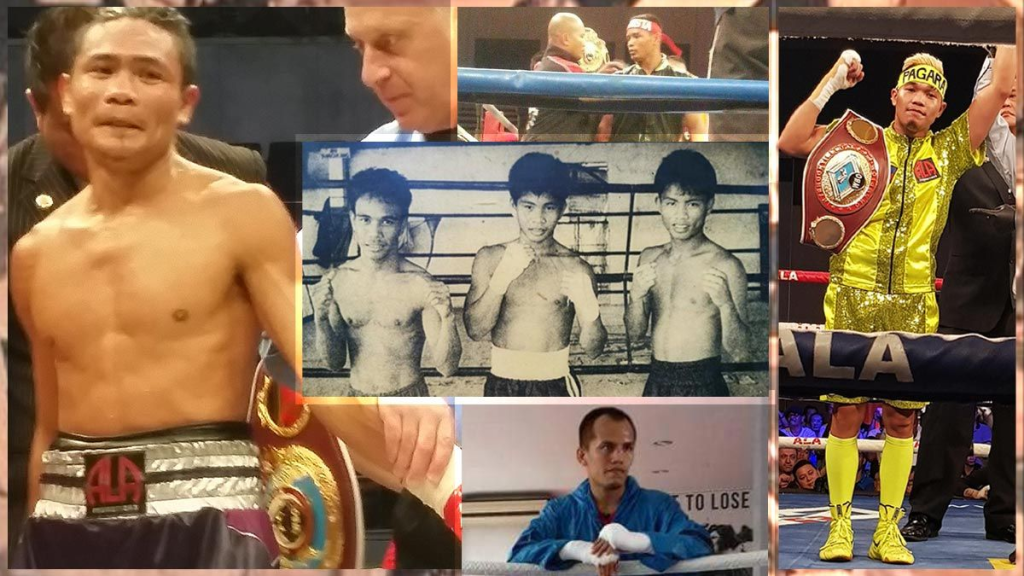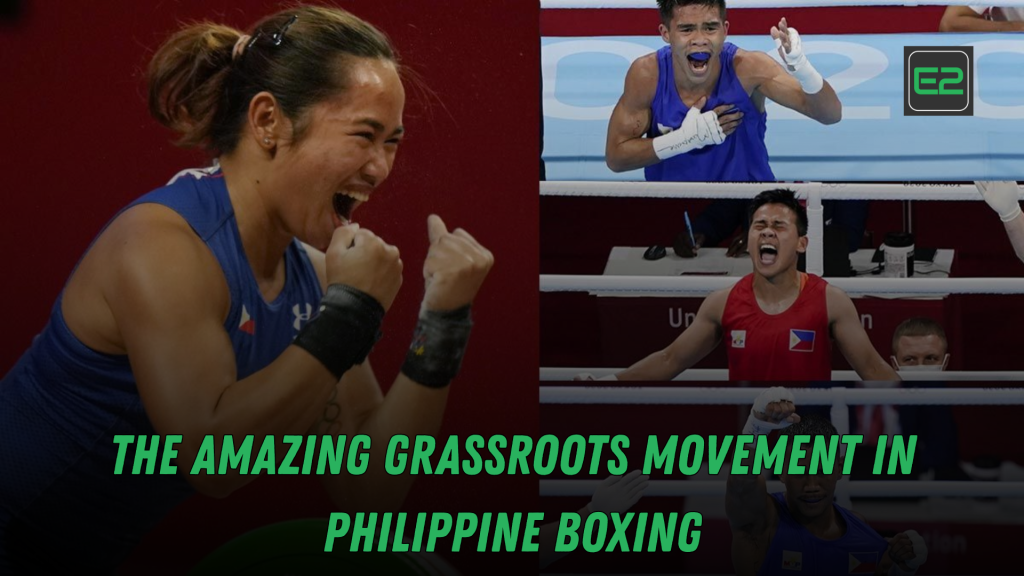Grassroots Boxing has long been a beloved sport in the Philippines, with a rich history of legendary fighters such as Manny Pacquiao, Flash Elorde, and Nonito Donaire. However, what often goes unnoticed is the grassroots movement that has fueled the sport’s rise in the country. The grassroots boxing movement in the Philippines is essential in developing future boxing champions, providing the foundation for talent discovery, and ensuring that boxing continues to thrive at the community level. In this article, we will explore how grassroots boxing is shaping the future of Filipino boxers, the challenges it faces, and how it is helping transform the boxing landscape in the country.
Table of Contents
1. Understanding Grassroot Boxing in the Philippines
1.1. What is Grassroots Boxing?
Grassroots boxing refers to the foundational level of boxing development, primarily focusing on amateur training, youth participation, and community involvement. In the Philippines, the movement is deeply ingrained in local communities, where boxing is not just a sport but a way of life. It involves recruiting and nurturing young talent, providing access to training facilities, and encouraging a culture of discipline and perseverance.
- Youth Programs: Grassroots boxing programs target children and teenagers, offering them the opportunity to train and potentially pursue boxing as a career.
- Local Competitions: Local competitions, often organized by barangays (villages) or regional sports bodies, serve as stepping stones for aspiring boxers to showcase their talent and gain recognition.

1.2. The Importance of Grassroots Boxing in the Philippines
Boxing has a profound cultural significance in the Philippines. The sport offers an avenue for social mobility, especially for individuals from disadvantaged backgrounds. It provides young people with a sense of purpose and discipline, while also offering a possible escape from poverty.
- Pathway to Success: Many of the Philippines’ most successful boxers, including Manny Pacquiao, started their journey in grassroots boxing programs.
- Cultural Impact: Boxing in the Philippines is not just about sports; it is a form of entertainment and a unifying force for the Filipino people, especially during international competitions like The World Boxing Association (WBA) or the International Boxing Federation (IBF) tournaments.
2. Key Players in the Grassroots Movement
2.1. Local Boxing Gyms and Coaches
At the heart of the grassroots movement are the local boxing gyms and coaches who dedicate their time and resources to training young athletes. These gyms, often located in poor neighborhoods, are vital to the development of boxing talent.
- Community Boxing Gyms: Many Filipino boxing champions trained in humble gyms with limited resources. These gyms often serve as the first stepping stone for future stars, teaching basic skills and fostering a love for the sport.
- Experienced Coaches: Coaches play a pivotal role in guiding young fighters. Many of the best trainers in the Philippines have extensive experience in competitive boxing, either as former boxers themselves or through years of coaching.

2.2. Government and Non-Government Initiatives
Several government and non-government organizations have recognized the importance of grassroots boxing and are actively involved in its development. The Philippine Sports Commission (PSC) and various local sports offices regularly sponsor boxing programs, tournaments, and outreach initiatives.
- Philippine Sports Commission (PSC): The PSC plays a key role in providing financial support and organizing youth programs across the country. These initiatives often include free training sessions, talent scouts, and the promotion of regional competitions.
- Private Organizations: Many private groups and boxing promoters also contribute by organizing boxing events and offering scholarships to talented youth.
Olympic Boxing in the Philippines: Amazing Past, Present, and Future
3. The Role of Amateur Boxing and Local Tournaments
3.1. Building the Foundation of Professional Boxing
Amateur boxing is the training ground where many future professionals begin their careers. By participating in amateur tournaments, young boxers gain exposure and experience that prepare them for the demands of professional boxing.
- Amateur Tournaments: Events like the Philippine National Boxing Championship and Palarong Pambansa serve as key platforms for identifying rising stars. These tournaments allow athletes to test their skills against other talented boxers from across the country.
- Olympic Boxing Programs: The Philippines’ inclusion in Olympic boxing provides another important avenue for grassroots boxers to gain international exposure. Many top athletes first make a name for themselves in the Olympic trials before transitioning to the professional arena.

3.2. Promoting Local Talent through Competitions
Local boxing tournaments are crucial in identifying and developing talent. These events give young athletes the opportunity to compete, receive feedback from experienced coaches, and grow in their craft.
- Barangay and Regional Competitions: Local competitions, organized by local government units (LGUs), are critical in bringing attention to rising talents from rural areas. These tournaments not only help develop boxers’ technical skills but also provide a sense of community pride and support.
4. Overcoming Challenges in Grassroots Boxing
4.1. Limited Resources and Infrastructure
Despite the growth of grassroots boxing in the Philippines, there are still significant challenges that hamper its development. One of the most pressing issues is the lack of resources and training facilities in rural areas.
- Limited Access to Facilities: Many aspiring boxers in underserved communities lack access to professional gyms and equipment. This makes it difficult for them to reach their full potential without proper infrastructure.
- Financial Constraints: Training in boxing requires financial investment for gym fees, equipment, and travel expenses for competitions. Many young athletes struggle with the costs associated with pursuing a career in boxing.
4.2. Lack of Support for Female Boxers
Although boxing is traditionally seen as a male-dominated sport, there has been a rise in female boxing talent in the Philippines. However, female boxers often face additional challenges, including limited opportunities and less institutional support compared to their male counterparts.
- Encouraging Female Participation: To foster equality in the sport, it is important to continue supporting and promoting female boxers. Programs aimed at empowering young women through sports are crucial for addressing gender disparities.
5. The Future of Grassroots Boxing in the Philippines
5.1. Expanding Training Programs and Accessibility
For grassroots boxing to continue thriving, the Philippines must invest in improving training facilities, coaching, and community programs. Making boxing more accessible to young people in both urban and rural areas is essential for the sport’s future.
- Building More Gyms: Investment in boxing gyms in remote areas will help ensure that talent is not overlooked due to lack of facilities.
- Government Support: Increased government funding and sponsorship for grassroots boxing initiatives will help sustain the growth of the sport at the local level.
5.2. Greater Exposure for Young Talent
Social media and modern communication tools have the power to elevate the careers of young boxers. By leveraging these platforms, grassroots boxers can gain visibility, attract sponsors, and build a fanbase early on in their careers.
- Using Social Media to Promote Athletes: Boxers who rise from the grassroots level can use social media platforms like Instagram, Twitter, and YouTube to share their training routines, fight highlights, and personal stories, creating an engaged following that boosts their career prospects.
5.3. International Recognition and Opportunities
As the sport continues to develop in the Philippines, opportunities for international recognition will grow. Filipino boxers will be able to represent their country at even more prestigious international tournaments, further cementing their reputation as some of the world’s best fighters.
Conclusion
The grassroots boxing movement in the Philippines is a key factor in the country’s ongoing success in the sport. With the right infrastructure, support, and talent identification, the next generation of Filipino boxing champions can rise from humble beginnings and continue the legacy of great fighters like Manny Pacquiao. It is essential that the efforts to support grassroots boxing continue so that young athletes can have the opportunities they deserve to succeed both locally and internationally.
Tell us your thoughts!
If you’re passionate about the future of Filipino boxing, support local training programs, attend community tournaments, and promote initiatives that foster young talent. Let’s ensure that boxing continues to be a source of pride and opportunity for future generations.
Frequently Asked Questions (FAQ’s)
1. What is grassroots boxing?
Grassroots boxing refers to the foundational development of the sport at the community level, targeting youth participation, local competitions, and amateur training programs.
2. How does grassroots boxing help identify future champions?
Grassroots boxing provides young athletes with early exposure to the sport through local competitions and training programs, allowing them to develop their skills and gain recognition.
3. What challenges does grassroots boxing in the Philippines face?
Challenges include limited resources and facilities, financial constraints, and a lack of support for female boxers, especially in rural areas.
4. How can the government support grassroots boxing?
The government can help by investing in training facilities, providing funding for local competitions, and creating programs that make boxing accessible to a wider range of young people.
5. How can I support grassroots boxing in the Philippines?
You can support grassroots boxing by attending local tournaments, promoting the sport on social media, and contributing to initiatives that provide funding and resources for young athletes.
